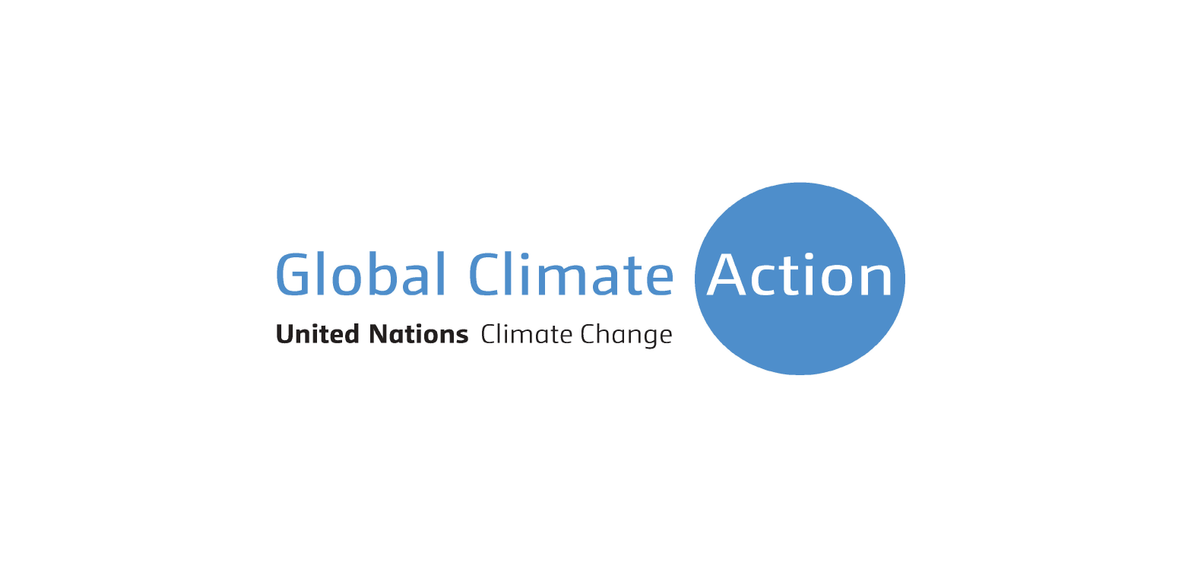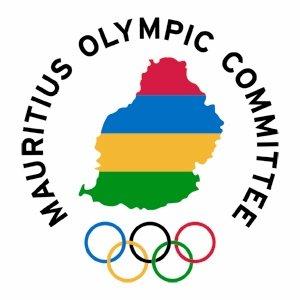- The Mauritius Olympic Committe
- +230 489 6530
- mnoc@intnet.mu
Mauritius National Olympic Committee signs UN Sports for Climate Action Framework and makes net zero commitment.

ANOCA ZONE 7 Games in Seychelles
19/02/2024
Paris 2024: Marie Perrier, from Mauritius tracks to the global stage
24/02/2024
Earlier this month, the Mauritius National Olympic Committee became a signatory of the UN Sports for Climate Action Framework, in the process committing to halving our carbon emissions by 2030 and achieving net-zero by 2040.
The Framework is an initiative of United Nations Climate Change that aims to support and guide sports organizations in achieving global climate change goals.
Based on the analytical work from Sporting Giants, the Mauritius National Olympic Committee joins over 250 international sport organizations coming together to reduce emissions in the sport sector as well as working together with the United Nations to strategically engage fans, athletes and stakeholders to join in this important race.
The effects of climate change are being felt globally and locally; by people, by society, and by the sports we love. Training facilities, tracks, and pitches are being flooded and extreme heat is impacting our athletes and competitions. Disruption to travel and competition schedules is also an increasing problem.
As part of the framework, we will be working on several areas within our ecosystem. The UN Sports for Climate Action Framework’s five principles are:
Principle 1: Undertake systematic efforts to promote greater environmental responsibility;
Principle 2: Reduce overall climate impact;
Principle 3: Educate for climate action;
Principle 4: Promote sustainable and responsible consumption;
Principle 5: Advocate for climate action through communication.
We join the international sporting community to use our influence to reduce the devastating effects of climate change. Mauritius is highly vulnerable to adverse impacts of climate change with low lying islands in the archipelago feeling the effects of sea level rise.
About becoming a signatory of the Framework, Hedley Han, Mauritius National Olympic Committee Secretary General, said “We are aware of the potential of sport to engage in this crucial issue is huge as well as some of the barriers we must work collectively on. We hope by joining the Sports for Climate Action Framework we can work with others to reduce our own carbon emissions, to educate on the need to act now to operate more sustainably and inspire others”
As part of the Committee’s commitment to ongoing climate action and broader sustainability initiatives, it has partnered with Sporting Giants, a specialist sport and sustainability consultancy.
Sporting Giants has decades of experience working with sporting organizations and supporting them in their mission to reduce their carbon emissions.
About working with Sporting Giants, Hedley Han said, “With their help, we are reviewing all the committees’ activities and decisions to ensure sustainability is placed at the heart of all our decisions. Within this process, we are identifying areas where the Committee can make a significant positive impact and we will build our sustainability actions accordingly. We will utilize their experience working in sport and sustainability to motivate and inspire large numbers of people to contribute actively to a more sustainable future.”
About working with Mauritius National Olympic Committee, Scott Over, Sporting Giants CEO, said “We have a broad portfolio of International Federations, National Governing Bodies and National Olympic Committees that we work with, and we welcome the Mauritius National Olympic Committee to this group. In many cases, collective action accelerates innovation and positive change ensuring we all act together to protect the future of sport for generations to come.”
Dan Reading, Sporting Giants Chief Sustainability Officer, added “Sporting Giants has worked with the team at the Mauritius National Olympic Committee to create a carbon baseline from the Committee’s 2022 activities which will help us collaboratively set short-term and long-term goals based on their carbon intensive areas. We’ve engaged with the staff and volunteers and what’s clear is the motivation to act now and we look forward to supporting the Committee in an important competition year with Paris 2024 round the corner. We will help ensure they create a carbon action plan to operate in line with the Paris Agreement and help limit the Earths warming to 1.5 degrees”
